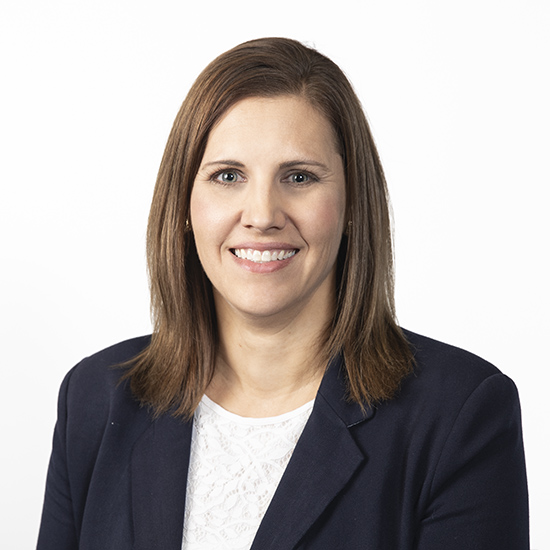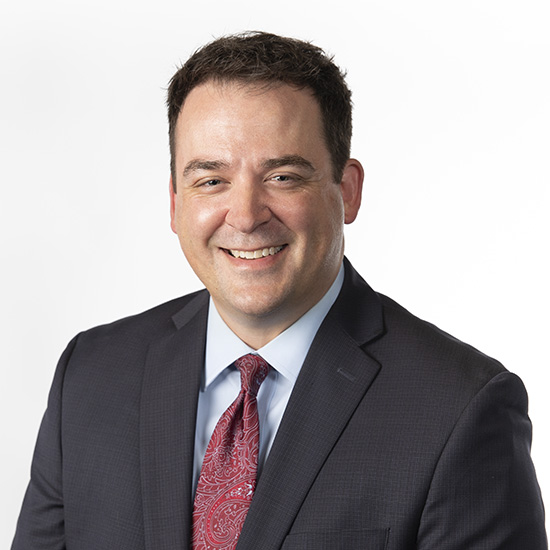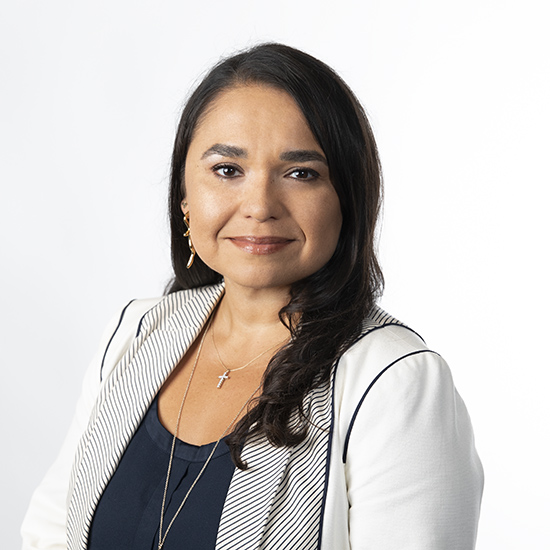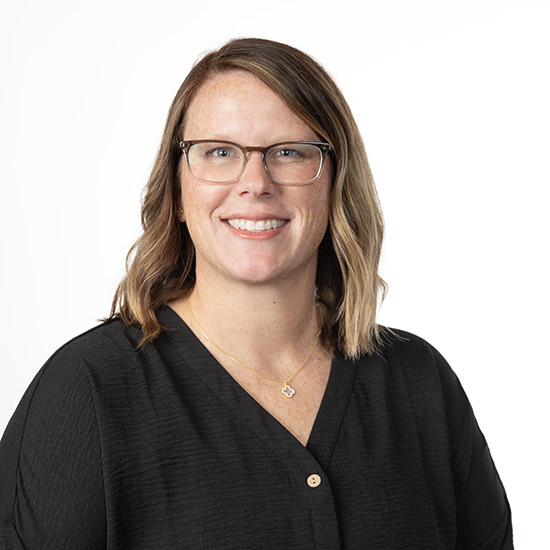
Master of Education (M.Ed.) - Stackable
Program Overview
The stackable master's degree (M.Ed.) allows candidate flexibility in crafting a degree program that is customized toward personal educational and career goals. Choose from stackable options for licensed teachers, for initial license candidates, and for those who seek to broaden their leadership skills in a variety of ways.
Are you seeking to build your knowledge in teaching English Language Learners while helping students with their reading skills? In that case, you may want to choose the ELL and Reading concentrations. Maybe you seek to be a curriculum leader in your district and you want to coach teachers. In that case, you could choose the Instructional Coaching concentration. There are dozens of possibilities that allow for customization of a master's degree - and in some cases, you could graduate with one or even two endorsements to add to your teaching license.
Certificate + Certificate + Research = Stackable Master of Education (M.Ed.) (30+ Credit Hours)
Choose TWO from the following certificates to create your Master of Education (M.Ed.) degree:
- English Language Learning (15-hour certificate)
- Gifted Education & Advanced Academics (12-hour certificate)
- Instructional Coaching (12-hour certificate)
- Reading Specialty (15-hour certificate)
- Special Education (18-hour certificate)
- Educational Leadership (12-hour certification, non-licensure)
- Christian Educator Program (12-hour certificate)
Research in Classroom Practice
Every Stackable Master of Education (M.Ed.) student is required to take a 3-credit hour research course in order to complete the degree program. Research in Classroom Practice will require students to understand educational research, investigate a problem in their specific field, propose a solution based on best practices in research and create a report and multimedia project on the proposed solution.
NOTE: Depending on the certificates selected by each student, it is possible for the Master of Education (M.Ed.) - Stackable to conclude at more than 30 credit hours. For details, contact Kristin Blankenship (Graduate Recruiter).
Stackable Master of Education (M.Ed.) Program Outcomes
You can earn up to two endorsements on an existing teaching license (with certain combinations). This allows for greater marketability when applying for teaching jobs or when advancing your career to the next level. Many combinations are perfect for those candidates who wish to be educational leaders and remain in the classroom, while there are some pathways that could get you closer to your goal of school administration. With certifications, endorsements, or concentrations in areas like ELL, curriculum and instruction, educational leadership, instructional coaching, reading, gifted, special education, you can craft your own path to your desired outcome.
Why Earn Your Master of Education at Lipscomb University?
This customizable degree plan ensures you receive necessary training in areas you need to be successful in your career trajectory. The various certificate and guided elective combinations allow you to curate a degree that's most beneficial to you. Additionally, our expert faculty will facilitate learning through real-world experience to complement your classroom learning.
Admissions Requirements
- Completed online application
- $50 application fee
- Applicants must list all institutions attended and submit official transcripts from every institution, including any college-level credit earned, such as dual enrollment, transferred credits, or post-baccalaureate study. Transcripts from only the final or degree-granting institution are not sufficient.
- Recommendation from a current Administrator/Supervisor
- If your most recent degree GPA is below 3.0, a program director may ask you to provide graduate exam scores to be considered as part of the supplementary materials to your application for admission. Check with the specific program you are interested in regarding exam scores that may be required for admission
View the College of Education's graduate programs application timeline.
Courses
Students enrolled in this program will take the following courses to acquire a total of 30 credit hours minimum. However, the courses are dependent on the certificate and guided electives they've chosen to pursue.
Tuition & Aid
- $953* per credit hour
- $715 per credit hour with the 25% in-service discount
- Additional tuition discounts may apply based on certificate
*Note: The graduate tuition rates may increase annually, effective each summer semester.
Scholarship Information
As you give back to the community, Lipscomb University wants to give back to you. The College of Education offers significant scholarships to current educators and administrators. Those pursuing career as a teacher, you're not left out either! Check out the following information to see if you qualify for scholarships.
Our Faculty
Career Paths
Administration/Principal
Educational leadership positions in K-12 include instructional coaches, lead faculty, assistant principals, building principals, executive principals, a variety of district roles including superintendents, and a variety of roles in the state department of education.
Grade level or department-level chair
Grade or Department Chairs serve on the leadership team at their school to direct and lead meetings, organizational practices, communication, and other activities.
Instructional Coach, Curriculum Specialist, etc...
Instructional coordinators oversee school curriculums and teaching standards. They develop instructional material, coordinate its implementation with teachers and principals, and assess its effectiveness.























